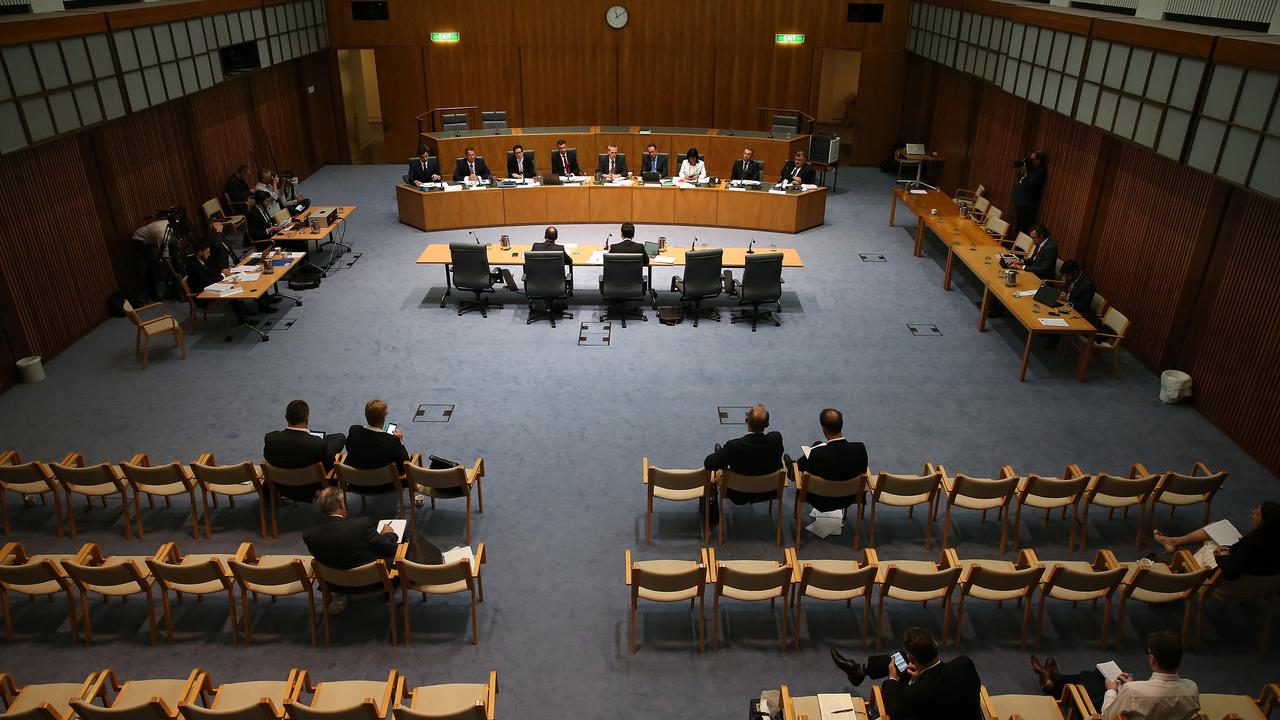Europe and the UK weigh the consequences of a breach
It’s not just the UK that will face tough decisions if voters opt to split from the EU, with some neighbours more affected than others.

And Westminster? Well, the requested four-year moratorium on migrant welfare payouts didn’t have to be exactly four years, necessarily, Foreign Secretary Philip Hammond said. It was more the principle [of discrimination] that counts.
As both sides try to whittle their way towards something like a mutually beneficial proposal to take to February’s EU summit, it’s not just those inside the UK watching closely.
For many in Europe, now is the worst time to consider a split — with quandaries such as the refugee/humanitarian crisis, terrorism and security concerns, Greek oversight and efforts to fan the low flames of inflation stretching EU resources in an unprecedented way.
“The EU was tested to its limits [in 2015],” EU President Jean-Claude Juncker said this week, “and I cannot see anything to indicate this year will be different”. With EU resources finite, any concentration on a Brexit would necessarily diminish efforts elsewhere.
Of course, many Brexit campaigners maintain the UK’s agenda should not be constrained by considerations of the EU. Europe’s challenges are all the more reason to leave, according to some.
For the UK itself there’s a paradox. The most politically beneficial models for a post-Brexit relationship with the EU are also the least beneficial economically. For example, a Norwegian-style EEA deal, where the UK adopts EU standards and regulations with little influence over them, would be more economically productive but not address the UK’s political quibbles, as Global Counsel, a well-regarded business advisory chaired by UK Labour’s Peter Mandelson points out.
For this reason most analysts currently envisage a relationship based on independent FTAs or Swiss-style bilateral accords, as the most likely post-Brexit arrangement. Under this scenario, the door would be open to significant shifts in the rest of the EU through its own changed internal dynamic, as well as the risk of political contagion from Britain, and a host of economic ripples including the hard-to-quantify influence of uncertainty.
“Brexit would change the relationship between other large states including, most importantly, France and Germany,” Global Counsel says. “It could bind them together; it could cement France’s position behind Germany in terms of influence; or it could push them apart, with the UK no longer providing political cover to mask their differences.”
More broadly, analysts say, the example of a UK exit — especially if Westminster was seen to thrive outside the union — could deal a powerful blow to the EU’s ‘proof of concept’, feeding dangerously into political tensions elsewhere.
Economically, the effects would be felt through diverse channels, from trade, FDI and international influence, to regulation and industrial and immigration policy. For Global Counsel, the most severe impacts on the EU would be felt in financial services and regulatory measures. With the European Council shifting away from liberalisation as it adds new member countries, it would be harder without Britain to form a blocking minority against illiberal measures.
Meanwhile, while one or two financial centres could benefit inside the EU from a transfer of business from London, overall, new barriers would lead to a net loss of liquidity and increased cost of financial services within the EU, with businesses and households bearing the fallout.
Of course, not all remaining EU countries would be equally affected.
In a Chatham House speech last year, Irish Minister for Foreign Affairs and Trade, Charles Flanagan, described how his country would be one of the hardest hit from a Brexit.
“With the exception of the UK itself, we in Ireland have more at stake than anybody else,” he said. Brexit talk “ … quite frankly, puts us in Ireland in a difficult position.”
The most obvious reason for this is the close trading tie between the UK and Republic of Ireland. With over €1 billion worth of goods and services exchanged every week, the UK is by far Ireland’s largest trading partner. Beyond renegotiation of trade agreements — and any temptation for the UK to introduce competitive advantages — any economic pressure felt in the UK would have a quick flow-on to Ireland. Ireland’s position, meanwhile, would be entirely dictated by the EU.
At the same time, there are concerns about the UK’s position on residency and welfare for Irish citizens, who have traditionally looked to the UK — the only other English-speaking EU member — as a pressure valve on unemployment at home. “We need to be careful … that we don’t tar honest jobseekers with any ‘welfare tourism’ brush,” Flanagan pleaded, pointing out that Irish nationals often filled jobs the UK found hard to fit locally.
Politically, there is another major dimension for Ireland, with joint EU membership having accelerated and embedded the peace process on both sides of the Irish border. Without the blanket of common membership interests, analysts have real concern of destabilisation. And on the northern side, membership loss could place current hefty farming subsidies under threat. Yet UK residents from both sides of Ireland — each able to vote in the referendum — are set to make up close to just 3 per cent of the vote.
Equally threatened are the Netherlands and Cyprus, according to Global Counsel.
In the Netherlands — which is closely positioned with the UK on many policy debates, seeking less regulation and more liberal markets — there is a strong element of popular dissatisfaction with the EU, with over a quarter viewing the union negatively and Eurosceptic parties gaining political ground. Meanwhile, its financial sector links to the UK are among the strongest in the EU, and direct investments into the UK earns close to 1.5 per cent of Dutch GDP. 2013 exports to the UK ran a surplus of €6.8bn.
In the wake of its own bailout, Cyprus is also ripe for political contagion, with 38 per cent of Cypriots viewing the EU negatively. As a former Commonwealth member, Cypriot population ties and migrant flows are high in the UK and Cypriot exports to the UK total around 7 per cent of its GDP. UK bank lending to Cyprus totalled more than 30 per cent of its GDP in 2013 — and Cyprus’ close links to Greece make it doubly exposed to rough waters.
Germany, which is in a somewhat more neutral position regarding the costs and benefits of a Brexit, may be an interesting behavioural bellwether to watch.
British polls still point to a vote for the EU as the most likely option. But with up to 47 per cent favouring an exit in December, the result can’t be taken for granted — and real campaigning has yet to begin.
For Flanagan, there’s still room to benefit from that rigorous debate, as engagement with the EU takes on new focus.
“I hope that the forthcoming referendum in the UK will be an enriching experience for the people of this country and that it will deepen the engagement of Britain within the European Union for the years and decades ahead,” he said.




We must find a “reasonable compromise … there will be no room for discrimination,” European Commission President Donald Tusk warned on the UK’s membership debate this week, speaking to the heart of pre-referendum demands.